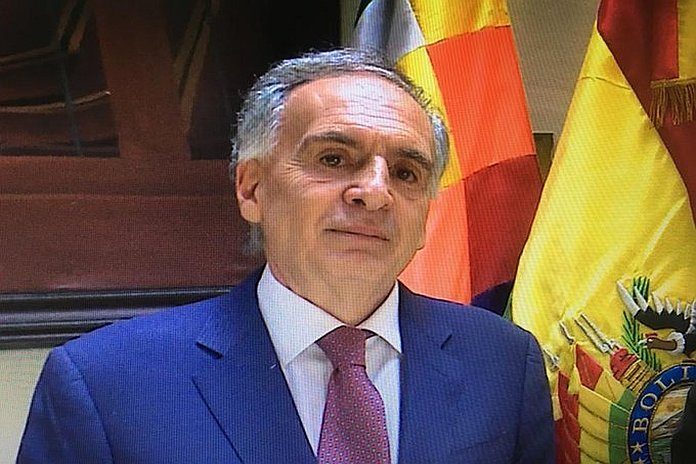NEW YORK, USA – Bolivia fell into crisis last October after president Evo Morales declared victory in disputed elections that would have granted him a fourth term, prompting mass protests. He later stepped down and was granted asylum in Mexico. With Bolivia this week reaching a “decisive stage” in its electoral process, the United Nations “will do everything possible” to support the country in holding a vote that is credible, transparent and inclusive said Jean Arnault, Personal Envoy of the UN Secretary-General.
In a statement, Arnault welcomed the official start of campaigning for the May 3, general elections in Bolivia. “Thus, a decisive stage of the electoral process and the consolidation of peace begins in Bolivia,” he added. “For this to be done successfully, citizens and candidates, regardless of their political affiliation, must be able to exercise their constitutional rights and elect and be elected with full freedom, without abuse, intimidation or discrimination of any kind. The legitimacy of the electoral process will depend on it.”
However, Arnault stated that carrying out the vote will be challenging, given the current political climate in Bolivia, which he described as being characterized by “an exacerbated polarization”, but also a mixture of hope, uncertainty, restlessness, and resentment.
“It is imperative that a unanimous call arises to debate peacefully and democratically and to avoid any action that violates the right to freedom of peaceful assembly, expression, association, opinion, and circulation”, he said, adding that it also is critical to outlaw hate speech, as well as incitement to violence or discrimination.
“For its part, the United Nations will do everything possible to support the country’s efforts towards a credible, transparent and inclusive election,” said the envoy.
With help from partners, including the European Union, the UN will provide technical assistance to the electoral body “to fulfill its executive and jurisdictional mandate in line with the high expectations that citizens have placed on the new managers of the electoral process.”
The UN will also monitor respect for human rights throughout the process, with special attention given to guaranteeing due process. “In an electoral context it is essential that acts of political persecution are not carried out, including the abuse of judicial procedures,” Arnault said.
Furthermore, the UN will work on identifying and monitoring complaints of political and electoral harassment, or violence, against women. Together with institutions and civil society, the UN also will support efforts to resolve conflicts that could spark renewed violence.
“In this regard, it will continue to support the facilitation led by the Episcopal Conference of Bolivia,” Arnault said. “It will also accompany the dialogue initiatives for the pacification and democratic development of the country.”





